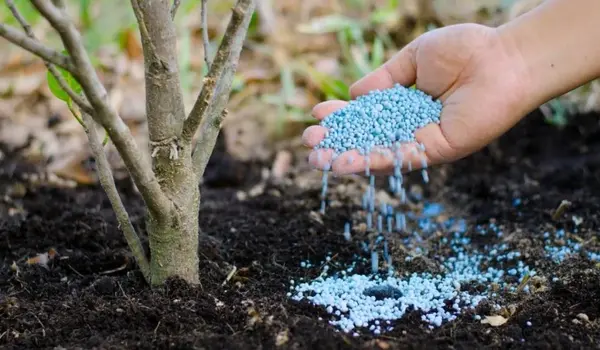When it comes to nurturing plants and ensuring they thrive, the choice of NPK fertilizer can significantly impact growth, yield, and overall health. Among the most common forms of NPK fertilizer are liquid fertilizers and granules. But how do these two types differ in effectiveness? Let’s explore the nuances to help you decide which option might work best for your gardening or farming needs! Before diving into the differences, let’s briefly discuss what NPK fertilizer actually is. The acronym stands for Nitrogen (N), Phosphorus (P), and Potassium (K) – the three essential nutrients that plants need to grow strong and healthy. Each of these nutrients plays a unique role: nitrogen promotes leafy growth, phosphorus supports root development and flowering, and potassium enhances overall plant health and resilience. Liquid NPK fertilizers are a popular choice for gardeners who need a fast-acting solution. Here’s what you should know about them: On the other hand, NPK granules offer a different approach to fertilization: So, when it comes to effectiveness, which option is superior? It really depends on your specific needs and circumstances: In summary, both liquid and granular NPK fertilizers have their unique strengths and applications. The choice between them ultimately hinges on your specific gardening goals, the type of plants you’re nurturing, and your preferred gardening style. If you’re looking for a fast-acting solution to tackle nutrient deficiencies, liquid NPK fertilizers might be your best bet. Conversely, if you want to ensure steady growth with less frequent applications, consider opting for NPK granules. For those interested in high-quality options, be sure to check out the products offered by Bulkagrochem. With their reliable fertilizers, you can cultivate a thriving garden or farm, tailored to the needs of your plants. Happy gardening!Understanding NPK Fertilizers
Liquid NPK Fertilizers: Quick Action and Flexibility
NPK Granules: Slow Release and Longevity
Effectiveness: Which One Is Better?
Conclusion
Bulkagrochem
Submit your contact number & get exciting offer
Bulkagrochem.com
Bulk Purchase & Get Bulk Discount
Share your number to receive customized bulk pricing, availability updates, and exclusive offers directly via WhatsApp.

Recommended Products



